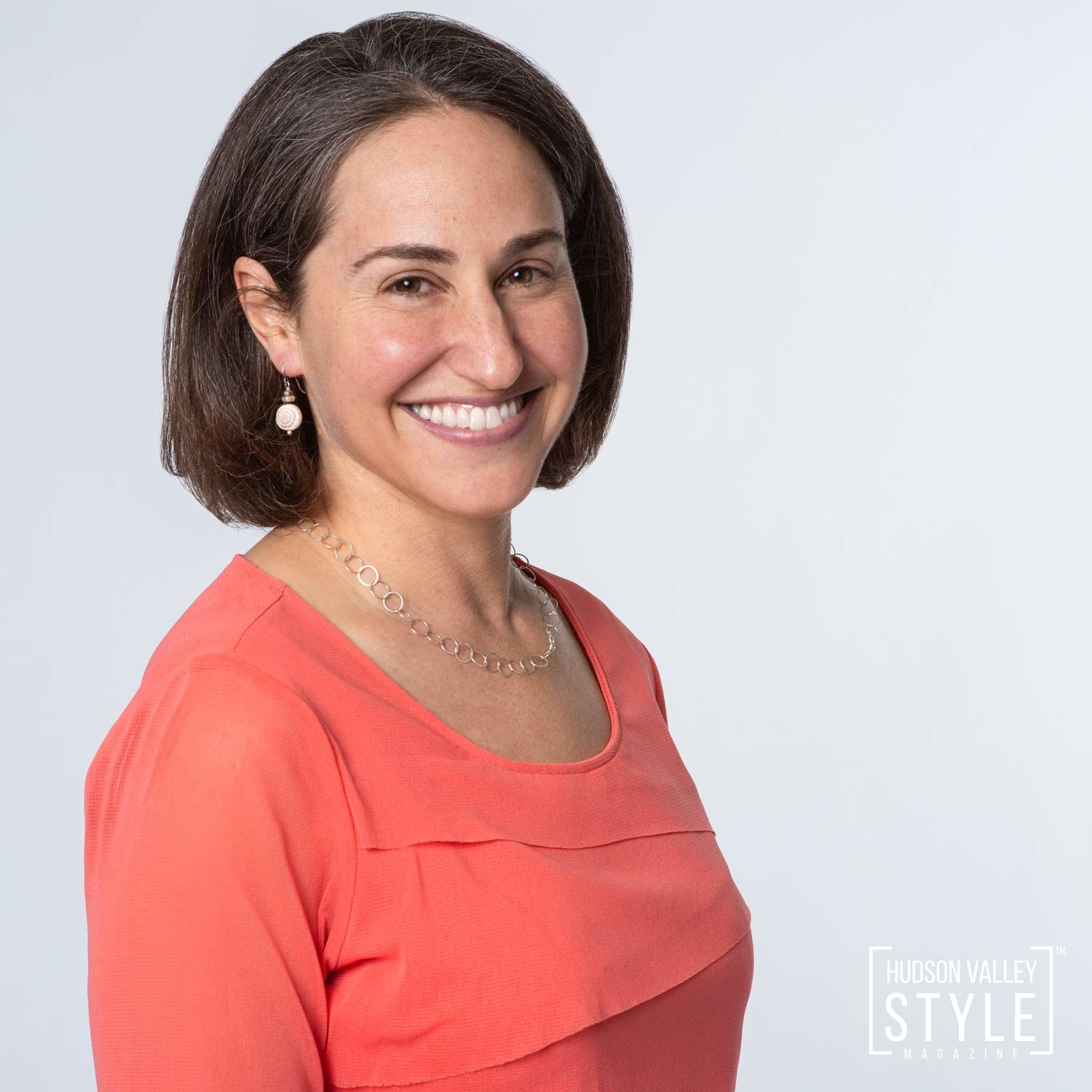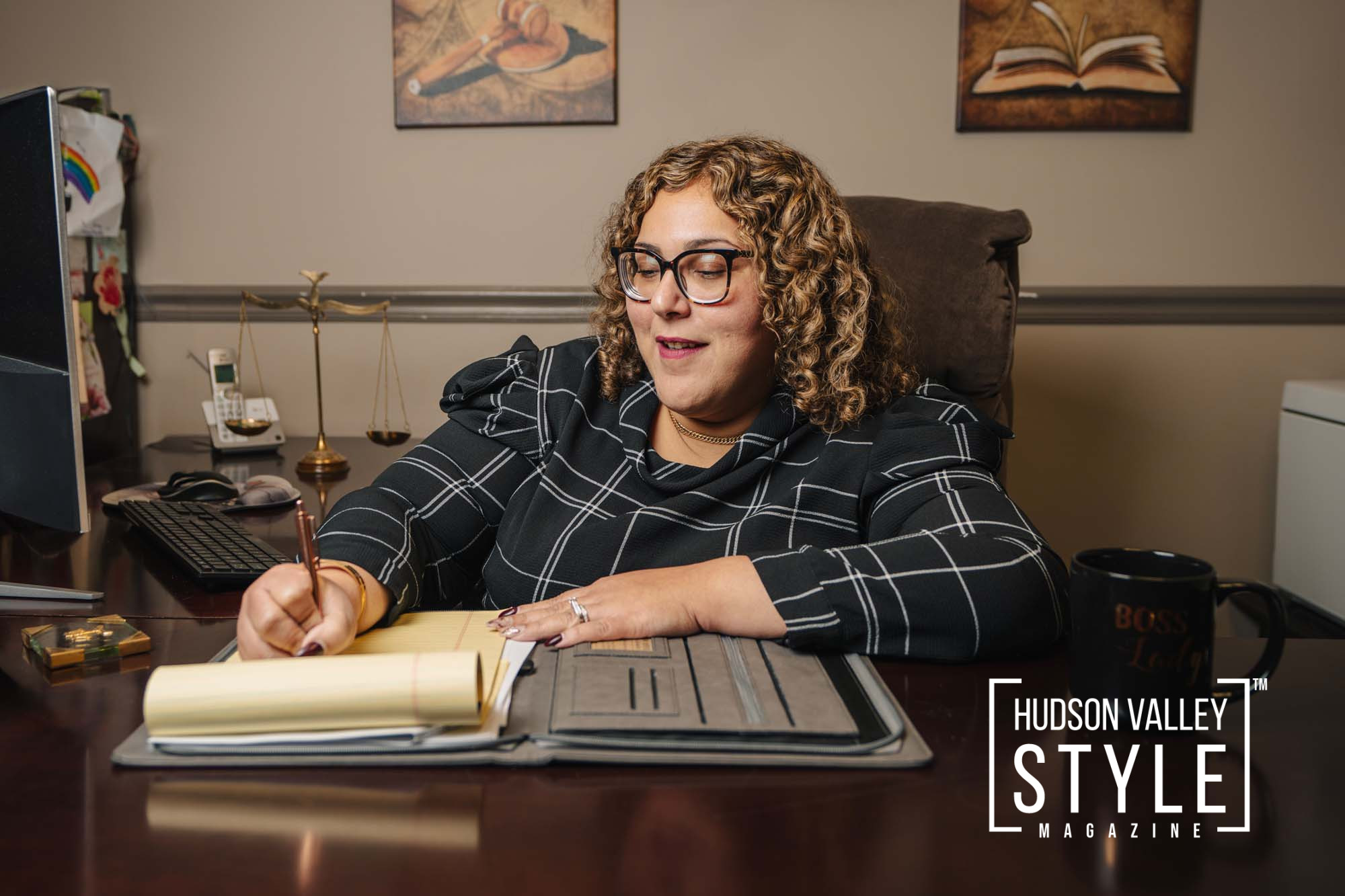Does quarantine have you on edge? Are you anxious? Depressed? Sleepless? We talked with Rebecca L. Dolgin, M.D., a psychiatrist in Boulder Colorado, about the effects of sheltering-in-place and some things to keep in mind.
Q.: What issues are you seeing in your patients these days?
Anxiety. For sure. People are, understandably, very anxious about their health, the health of their loved ones, their finances, their future. We are also seeing stress and depression in response to COVID-19, social distancing, and stay at home orders.
Q.: What DIY solutions are there for anxiety or stress?
So many. Different strategies will work best for different people. It is always best to reach out to a medical or psychiatric professional for specific recommendations for how you can cope with anxiety, depression, or stress. Some general things to consider can be getting outside, if possible, for some fresh air. Gentle walks. Consider calling a friend or relative for support. Listening to your favorite or calming music or spending time with your pets may also help. Meditation or breathing exercises can also help with stress reduction.
Q.: How about depression or boredom? How can people deal with that?
Again, it is always best to consult with a medical or psychiatric provider to help you come up with coping skills specific to you. Some general things to consider can be reaching out to friends, family members, and neighbors, enrolling in online classes such as art, music, or yoga classes, 12-step programs, and more. Focus on structuring your day. Get up, get dressed, brush your teeth, take a shower. Monitor your time with the news. Make sure your news is coming from credible sources. Make healthy food choices. Get on a healthy sleep schedule. Exercise (if your physician allows).
Q.: I’m fine, really. But my significant other/friend/spouse isn’t. How can I help?
Your approach will be different for each person, depending on their specific situation. Perhaps you can start by reaching out to ask how your loved one is doing? Does that person need anything? Frequent check-ins can be very helpful. But face it – at some point, your loved one may need professional help.
Q.: How will I know when to seek professional help?
If you ever have a question about your mental health, it is always a good idea to consult with a medical or psychiatric professional. However, it is particularly important to seek guidance from a medical or psychiatric professional if your symptoms are prolonged, severe, or interfering with your daily life such as your sleep, work, concentration, or enjoyment of hobbies. It is crucial to immediately call 911/ go to your nearest ER if you are experiencing any emergency situation such as thoughts of self-harm.
Q.: Where can I find help?
You may consider reaching out to local professionals such as your primary care provider, a local psychiatrist, psychotherapist, community mental health clinic, or crisis center. You can also reach out to NAMI (National Alliance on Mental Illness) at nami.org. It is always recommended you immediately call 911/ go to your nearest ER if you ever experience any emergency situation or any thoughts of self-harm. Other resources include Disaster Distress Helpline (SAMHSA) 1-800-985-5990 or National Suicide Prevention Lifeline 800-273-8255. It is also recommended that you stay up to date with and follow CDC guidelines.
Q.: What are YOU doing to say balanced?
Good question! Eating lots of vegetables, sleeping well, exercising, spending time in nature, meditating, and listening to the birds.
Disclaimer: This article includes general ideas to consider and nothing in this article is meant to serve as specific recommendations or professional/ medical guidance for any one individual. It is always recommended that each person consults with medical and psychiatric providers to create an individualized treatment plan with specific guidelines for them. Nothing in this article is meant to serve as medical or psychiatric advice for anyone in particular. No doctor-patient relationship is established through this article. It is always recommended that anyone experiencing any type of emergency or thoughts of self-harm immediately call 911 or go to their nearest ER.
—
Rebecca L. Dolgin, M.D. focuses on helping others understand their behavioral patterns, identify and restructure maladaptive thinking, gain clarity regarding inner emotional processes, interact with their environment in healthier ways, proceed through life transitions, cope with stress, and break cycles of repetitive unproductive thought patterns. Tides of Tao, Boulder and Denver, CO. Offering help to her patients with’ anxiety, depression, bipolar disorder, attention deficit hyperactivity disorder (ADHD), obsessive-compulsive disorder (OCD), self-esteem/ identity issues, life transitions, and coping with stress.





